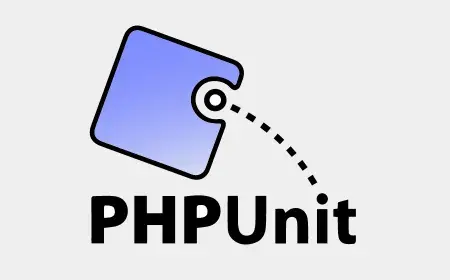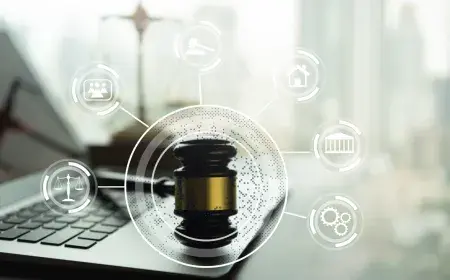Drupal is one of the most widely utilized content management systems (CMS) in the world.
Powering everything from small personal blogs to large enterprise websites, security is a paramount concern for everyone involved.
Ensuring that a Drupal site is secure involves adhering to best practices and maintaining compliance with relevant regulations and standards.
In this article, we'll explore ten key Drupal security best practices and discuss how to maintain compliance.
10 Drupal Security Best Practices
1. Understanding Drupal's Security Model
Drupal's core is designed with robust security measures. From input validation to user authentication, it emphasizes secure coding practices. Understanding the underlying security model is essential for leveraging Drupal's security features to the fullest.
2. Regularly Updating Core and Modules
One of the best ways to keep a Drupal site secure is to regularly update both the core and contributed modules. Security updates are released to patch known vulnerabilities, and keeping the site up-to-date ensures that these vulnerabilities are addressed.
2.1. Automating Security Updates
Utilizing tools that automate the update process can simplify the task and ensure that updates are applied as soon as they're available.
3. Configuring User Permissions Properly
The Role-Based Access Control (RBAC) model in Drupal allows for granular control over user permissions. Ensuring that users only have the permissions necessary for their role minimizes potential security risks.
4. Implementing Strong Authentication
Strong authentication methods, such as Two-Factor Authentication (2FA), can add an additional layer of security to protect user accounts.
5. Secure Configuration and Hosting
Choosing a secure hosting environment and configuring the server properly is vital. This includes setting proper file permissions, employing firewalls, and regularly scanning for malware.
6. Compliance with Legal and Industry Regulations
Many industries require compliance with specific regulations, such as GDPR for data protection or HIPAA for healthcare information. Understanding and implementing these compliance measures is critical for legal operations.
7. Security Auditing and Monitoring
Regular security audits and continuous monitoring can identify potential weaknesses and suspicious activities. Various tools are available to aid in this process, including both open-source and commercial solutions.
8. Encrypted Data Transmission
Using HTTPS for encrypted data transmission is essential for protecting sensitive information, such as login credentials and personal user data.
9. Community Collaboration
The Drupal community actively collaborates on security matters. Participating in this community, reporting potential issues, and staying informed about the latest security advisories can enhance your site's security posture.
10. Developing a Security Policy
Creating and adhering to a security policy ensures that all team members understand the security expectations and best practices. This policy should be reviewed and updated regularly to align with the evolving security landscape.
Conclusion
Security is a continuous effort that requires vigilance and adherence to best practices.
Drupal provides a strong foundation for building secure websites, but it is the responsibility of site owners, developers, and administrators to properly configure and maintain their sites.
For more information on how you can keep your Drupal website secure, contact Optasy.
Photo credit: Unsplash.








